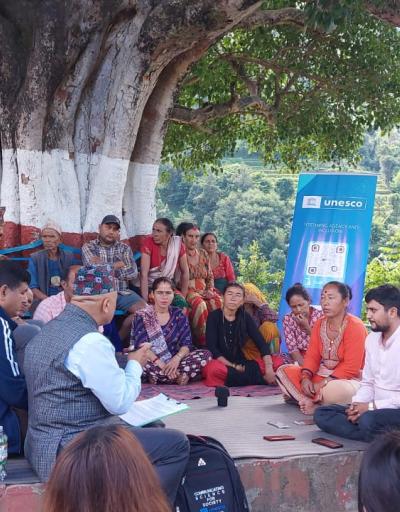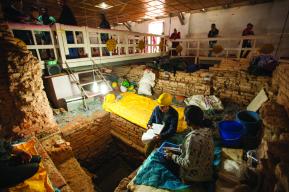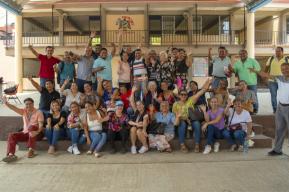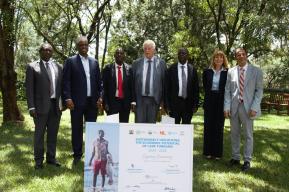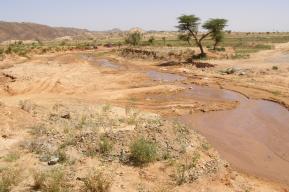Journalists play an instrumental role in shaping public understanding, influencing policies, and fostering collective action on climate change. Their role in disseminating accurate information and holding institutions accountable is essential in addressing the challenges posed by climate change. However, reporting on climate change in the Hindu Kush Himalaya region has traditionally centered on its immediate impacts, such as disasters, overlooking its underlying causes. Further, media reporting and coverage often rely heavily on secondary sources, continuing this trend of impact-focused reporting.
To deal effectively with climate change, it is imperative that the public be aware of its causes as well as consequences. Given that the public heavily relies on the media for information, it is crucial that media professionals and journalists are able to write holistically in this area, which underscores the critical need to empower journalists with the expertise and information required to generate firsthand, contextually relevant insights into climate change.
In this regard, in October 2022 UNESCO selected and trained sixteen young journalists in Climate Reporting, providing a follow-up mentorship to a journalist from each province of Nepal to enhance their capacity in understanding local impacts and challenges stemming from climate change. As a result of successful mentorship, a diverse collection of influential climate stories was successfully published.
“From the workshop, I gained ideas to identify problems regarding climate change. Learnings like identifying sources of data, technical ideas were provided in the training. As a journalist, through climate reporting, I have published six new articles since the training.”
Kamala Gurung, one of the selected journalists, published a story entitled “Warmer Kathmandu largely behind unprecedented dengue outbreak” on Nepallivetoday.com, establishing an evidence-based story of the impact of climate change on health, specifically on the dengue outbreak. She expressed that after receiving mentorship, she was able to identify climatic challenges, conduct research, perform fact-finding and develop stories from it.
The workshop and the mentorship for the young journalists writing on issues around climate change had been profound equipping them with the skills and knowledge required for reporting. Through valuable insights and skills, participants have not only enhanced their understanding of climate issues but have also translated this knowledge into writing impactful pieces. The workshop's influence is evident in the increased number of climate-related stories being published, promoting awareness among readers.
As journalists increasingly cover climate-related issues, informed reporting has the potential to stimulate public discourse and drive climate action at both individual and community levels, underscoring the significance of empowering young journalists emerging as key players in fostering a sustainable future through their dedicated climate reporting.


